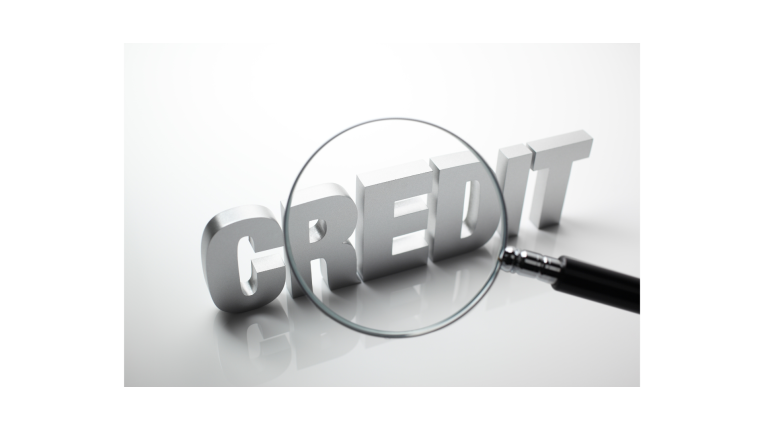As shocking as it may sound, it’s entirely possible that millions of Americans have credit card accounts they didn’t even know existed. If you’ve ever signed up for a no-interest financing offer from a major retailer, it’s possible you still have an active credit account being reported to the credit bureaus every month.
In many cases, people would prefer to cancel these cards if offered the chance, but you might be surprised to learn that sometimes leaving an account open can be beneficial. However, if these accounts aren’t yours at all, you should consult a reputable credit repair firm in El Paso, Texas to help you remove these inaccuracies.
Is Canceling a Card Easy?
The process of canceling a credit card is relatively straightforward and can often be done over the phone, though in certain circumstances a bank will want you to cancel in writing. While canceling a card is easy, consider how often your credit scores update, and factor in when it will begin affecting your credit score.
That’s not to say that canceling a card will necessarily harm your credit score in the long run, but it may move it a few points up or down.
When Is It Beneficial to Leave an Account Open?
One factor that credit reporting bureaus look at when evaluating someone’s credit score is how long a person has had the account open. If you have an account that’s been open for twenty years with the same institution and you’ve never missed a single payment, it tells creditors that you’re trustworthy. In such cases, closing an account could be temporarily detrimental.
Another factor at play is what percent of your overall credit limits you’re using. If you close an account with a large available credit balance, leaving you only a single maxed-out credit card as your only open account, it may negatively affect your score.
There are ways to use credit cards to build credit, and so long as you don’t suddenly cancel one of your very few open credit lines right before you decide to take out a major line of credit such as a mortgage, you should be okay.
What if I’ve Found an Account That Doesn’t Belong to Me?
Anyone with a common last name can tell you that mix-ups happen frequently, and in the world of banking it’s no different. Mistyped names, social security numbers, and poor handwriting are all a disaster waiting to happen.
Worse still is if the account in question has gone bad and it’s listed on your credit report that you’ve missed payments. Getting these inaccuracies rectified involves getting in touch with various banks and then getting them to admit, in writing, that you don’t owe them money.
Thankfully, there are institutions such as The Phenix Group that can help cut through the red tape. They know exactly which letters to send to whom, and will work to ensure all inaccuracies are removed. After the inaccuracies have been rectified, the credit repair company can help provide guidance on how to manage your credit.
In Conclusion
Credit scores can be a frustrating part of life, but by being smart about when you cancel credit cards, you can ensure your score stays as high as possible. This can help save yourself thousands of dollars in interest payments and possibly get you approved for loans previously out of reach.

